Resort market recovers but still lower than before the pandemic
At the 14th Meet The Experts Conference with the theme "Regenerating Market Energy" held on November 1, experts pointed out the current situation of the Southeast Asian resort real estate market in general and Vietnam in particular.
Accordingly, hotel business activities in Southeast Asia are on the way to recovery in the context of countries fully opening up to international tourism activities, including the restoration of flights to China as well as the increase in the frequency of airlines.
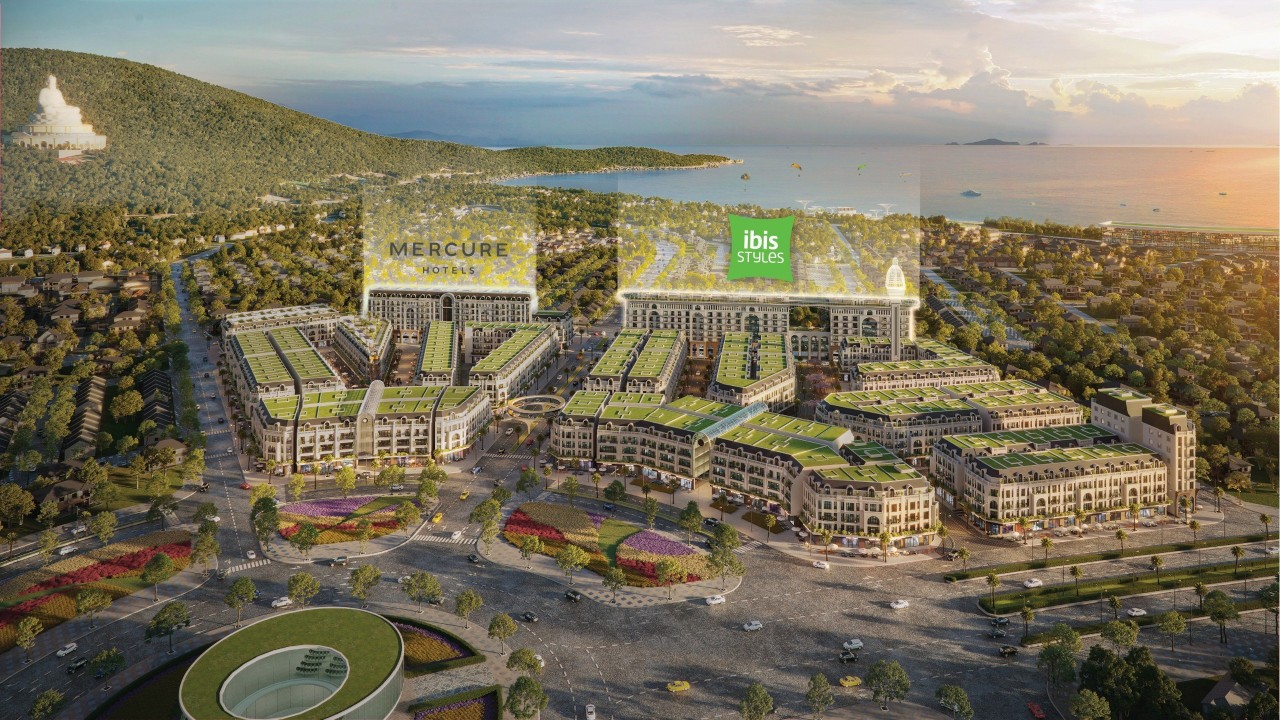
Many resort real estate projects have been upgraded in quality thanks to cooperation with foreign partners. (Photo: VV)
However, factors such as staff shortages, rising energy costs, geopolitical conflicts, expensive air travel costs, and economic instability continue to impact the resort market in this region.
In Vietnam, the recovery of the hotel business has been uneven. Hotel occupancy and average room rates in Ho Chi Minh City are gradually recovering to pre-pandemic levels. Meanwhile, resort markets such as Nha Trang – Cam Ranh, Da Nang and Phu Quoc are still facing many challenges in improving room occupancy.
This information is consistent with the data recently released by the General Statistics Office. Accordingly, international visitors to Vietnam in October 2023 reached 1.1 million, an increase of 5.5% over the previous month and 2.3 times higher than the same period last year. In the first 10 months of 2023, international visitors to our country reached nearly 10 million, 4.2 times higher than the same period last year but still only 69% compared to the same period in 2019 - the year before the Covid-19 pandemic.
Quantity over quality
Explaining this issue, Mr. Mauro Gasparotti, Director of Savills Hotels, commented: “The problem does not lie solely in the overdevelopment of some destinations; rather, it stems from the creation of products that are not suitable for market conditions. The growth of the tourism industry, especially international demand before the pandemic, has promoted the development of resort real estate in general and hotels in particular. However, some investors rushed into the market without thorough research during the planning process, leading to a gap between supply and demand in some destinations.
In addition, we also observed a focus on quantity over quality in some projects. The lack of consideration for market characteristics and industry trends poses many risks when projects are developed but do not meet the needs of tourists, especially when now, in addition to domestic destinations, Vietnamese tourists can travel abroad more conveniently and easily.
The hospitality industry needs to adapt to changes in consumer behavior of tourists after the pandemic. To increase the level of competitiveness on the international map as well as retain the potential source of domestic tourists, Vietnam needs to develop diverse products to meet the needs of many different customer groups and customer segments.
Changes in demographics, with higher demands on experiences, promote the tourism and resort industry to bring more special values and emotions to customers, in which it is necessary to focus on integrating local cultural elements and characteristics of the community and nature into the project. This process requires coordination from local authorities, organizations and businesses in the industry for the tourism and resort industry to develop sustainably and effectively.
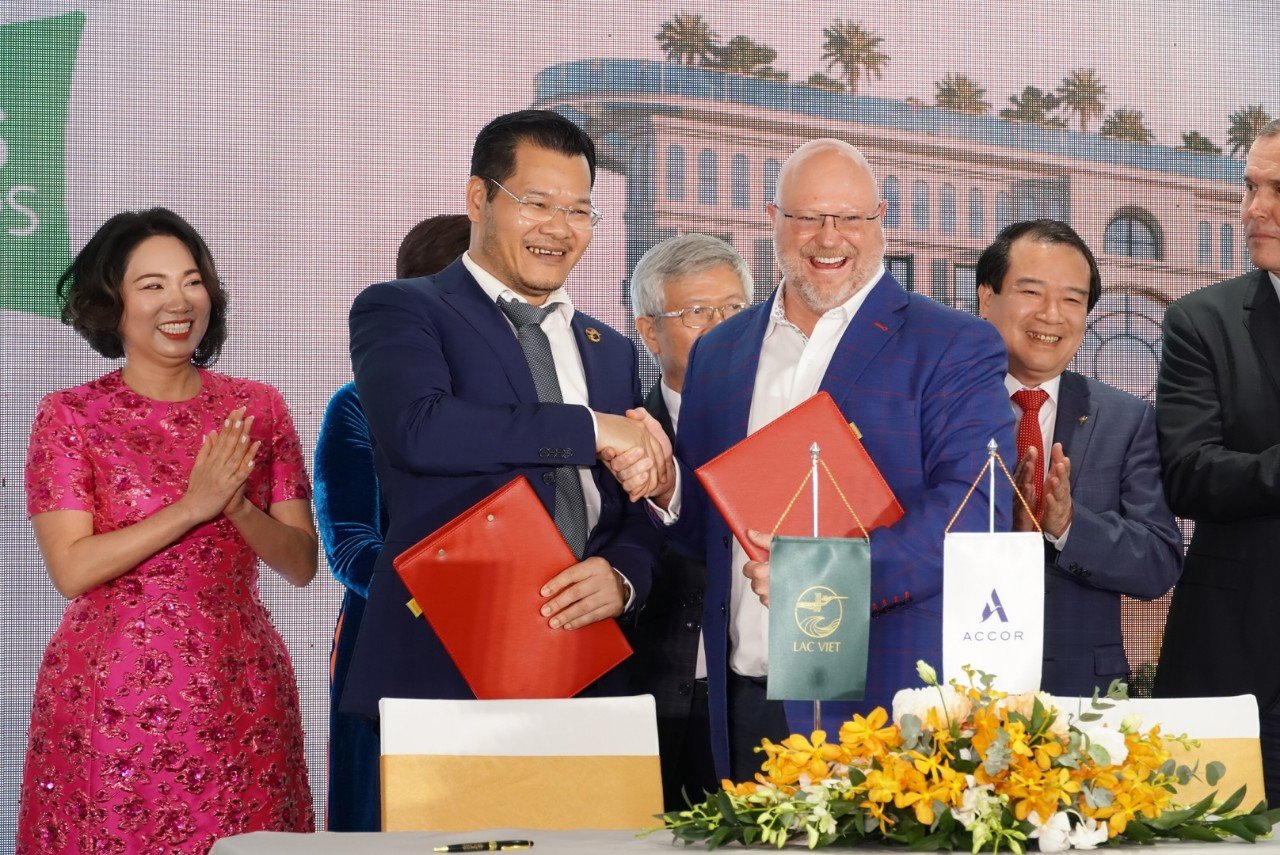
“Focusing on quality over quantity” is considered the decisive factor for the “survival” of resort real estate. (Photo: DM)
Ms. Nguyen My Lan - General Director of AkzoNobel Decorative Paints Vietnam said: "The real estate and resort market is entering an important stage for recovery. This is the time when businesses and investors need to make great efforts to bring new experiences and products that meet the real needs of customers."
“Focusing on quality over quantity” is considered the decisive factor for the “survival” of resort real estate. This viewpoint is not only recognized early by international experts, but also agreed by many domestic investors.
With resort real estate, quality lies not only in facilities but also in operational capabilities.
Mr. Tong Duc Hieu, Chairman of the Board of Directors of Lac Viet Group, shared: “In addition to location, amenities or investor reputation, we identify the ability to manage and operate services as important criteria to help high-end real estate projects attract tourists to stay longer, while meeting the ability to increase product value”.
Because of this viewpoint, Lac Viet Group has cooperated with Accor Group, accordingly, Accor will participate in managing and operating 2 hotel blocks with 439 hotel rooms at the Imperial Oasis Quy Nhon project (Phu Cat district, Binh Dinh province) with two brands ibis Styles and Mercure.
Source



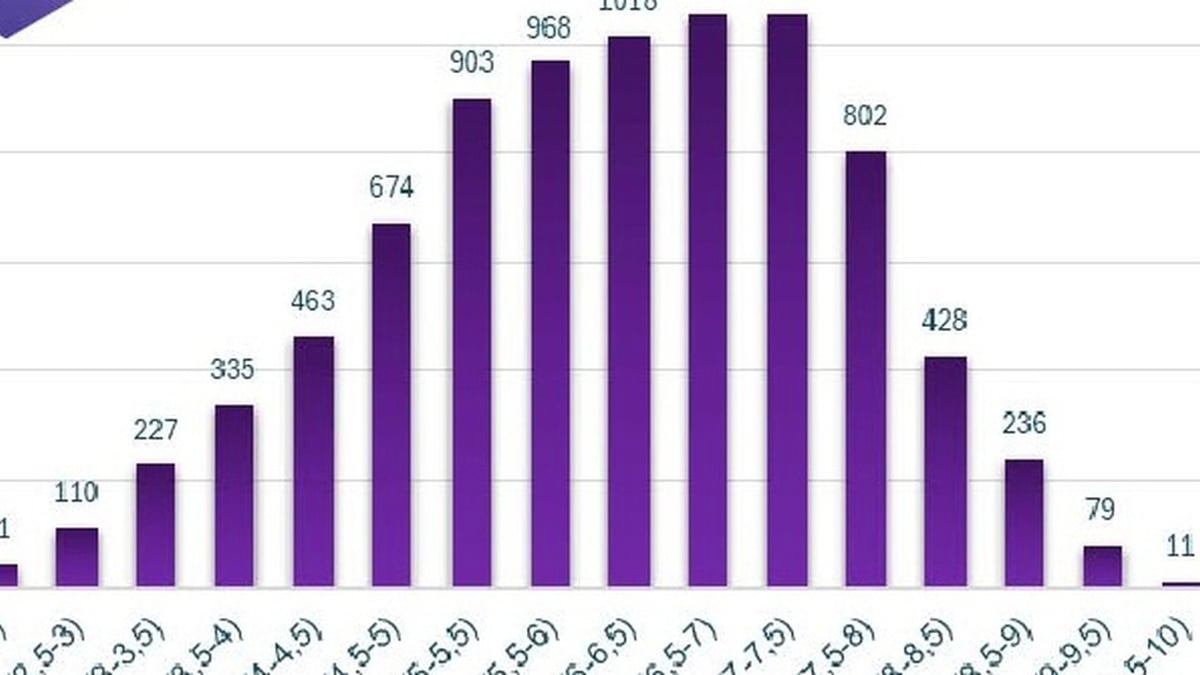
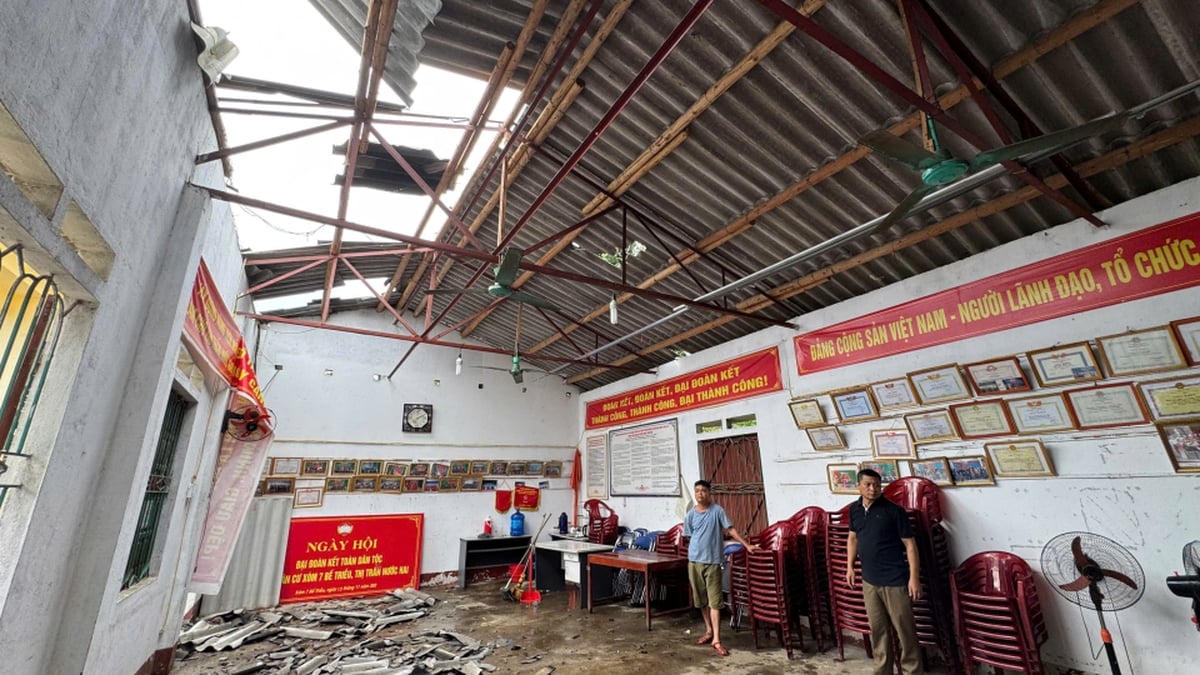
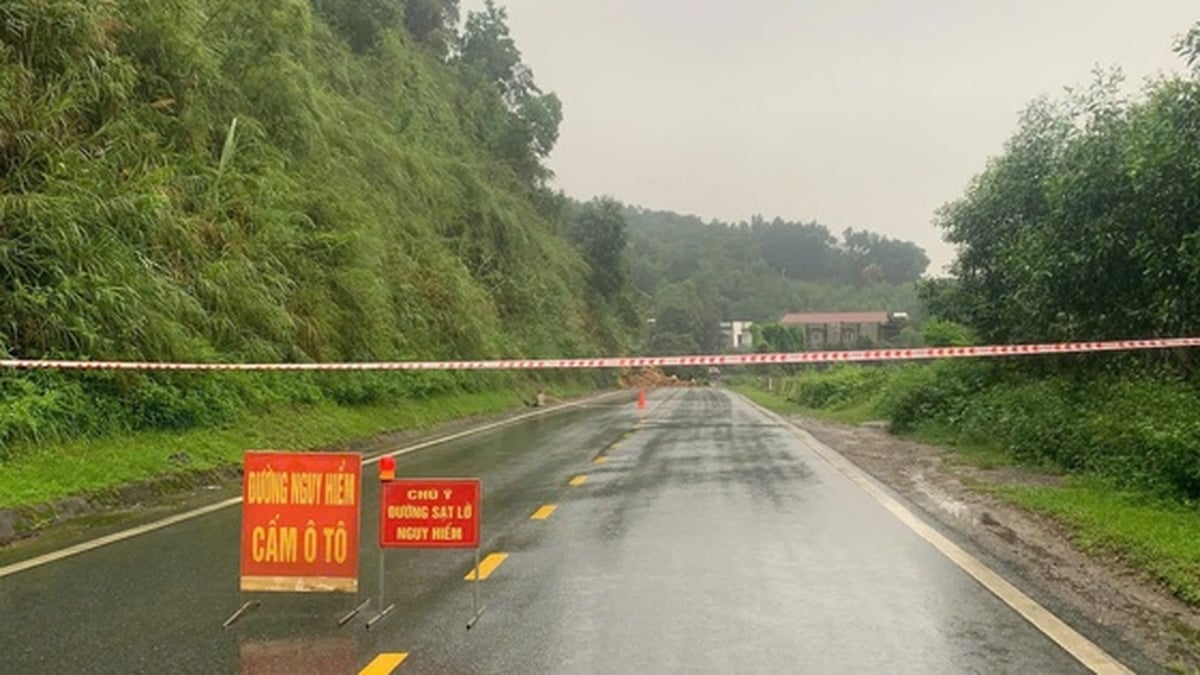

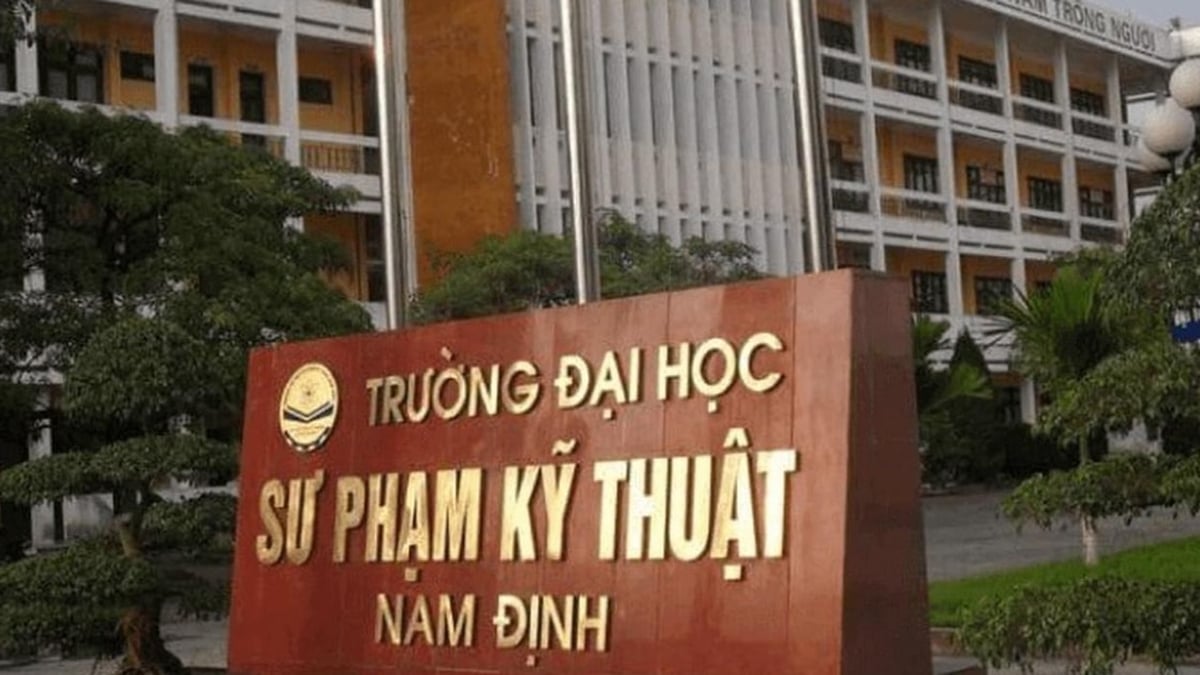
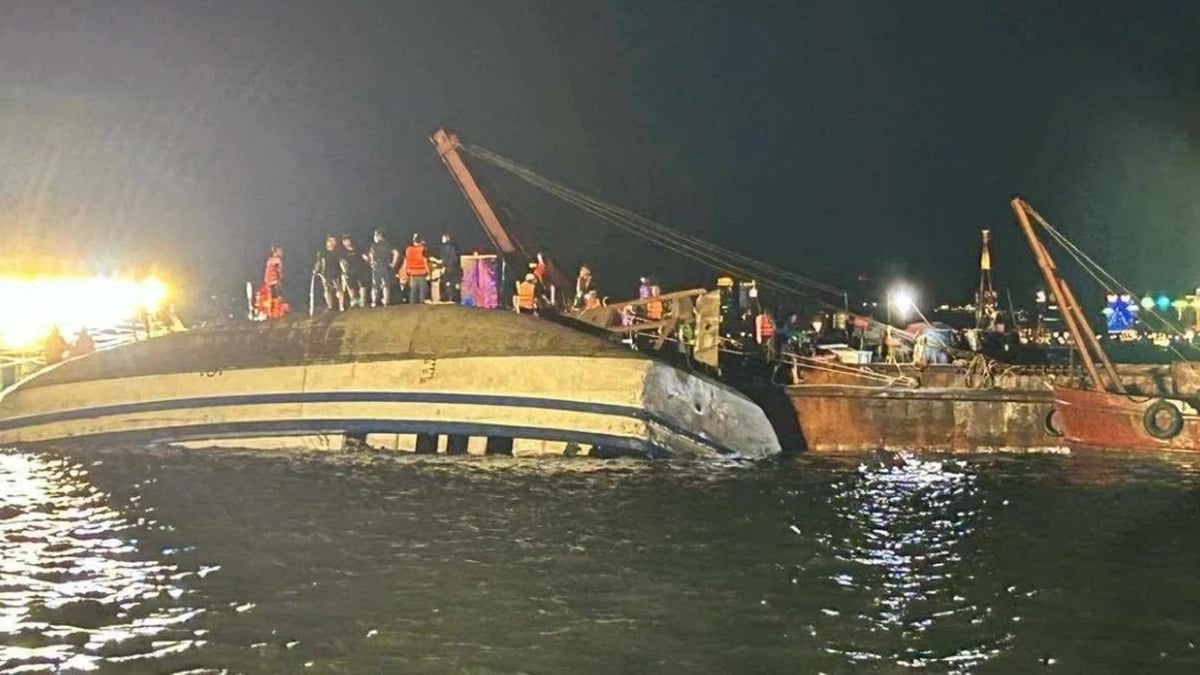
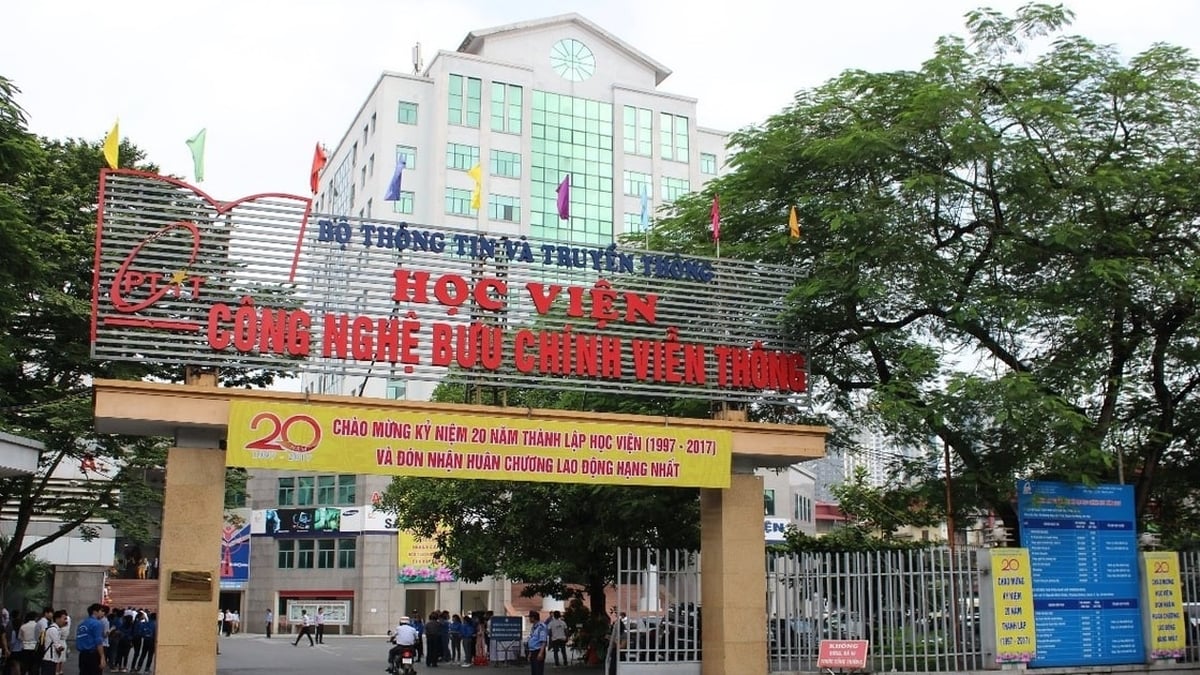
![[Video] The difference in scores between university admission groups will be announced soon](https://vphoto.vietnam.vn/thumb/1200x675/vietnam/resource/IMAGE/2025/7/19/16441946784f4c4b8b6987f8164b1a83)
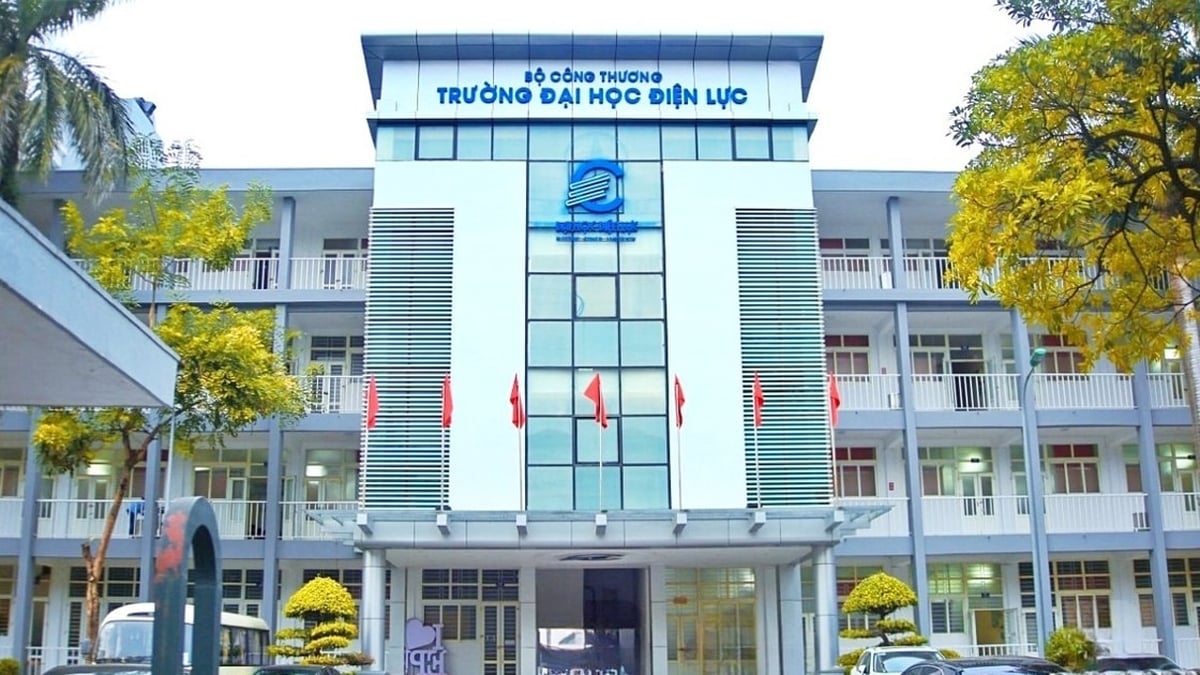






















































































Comment (0)